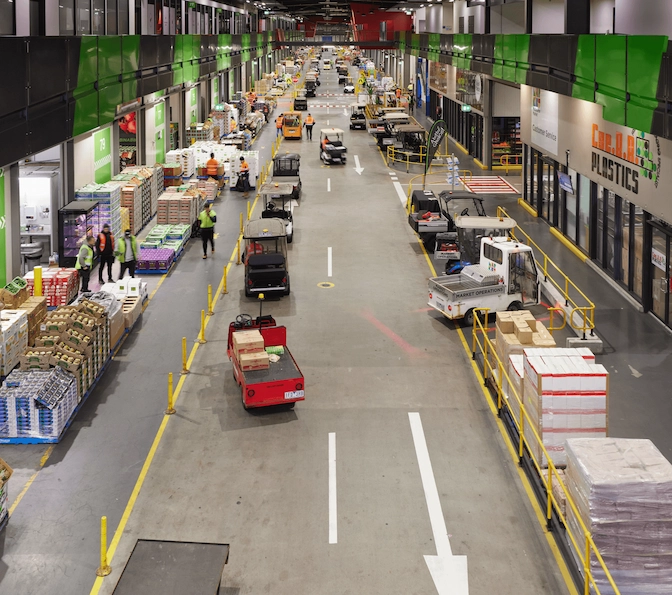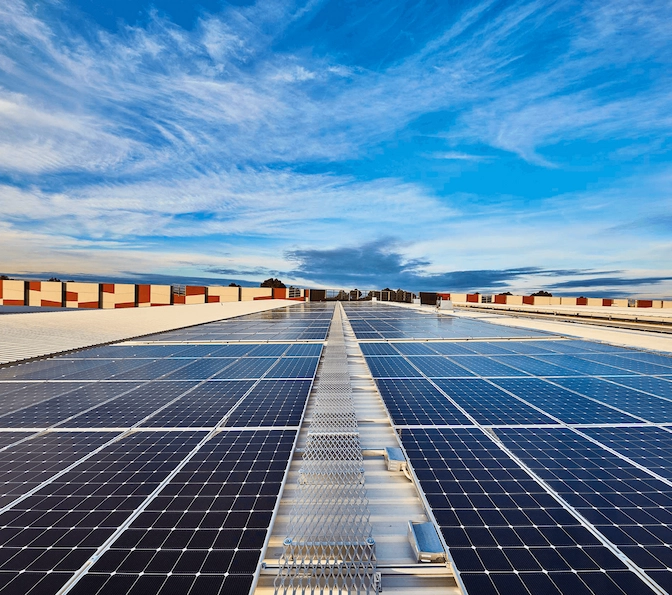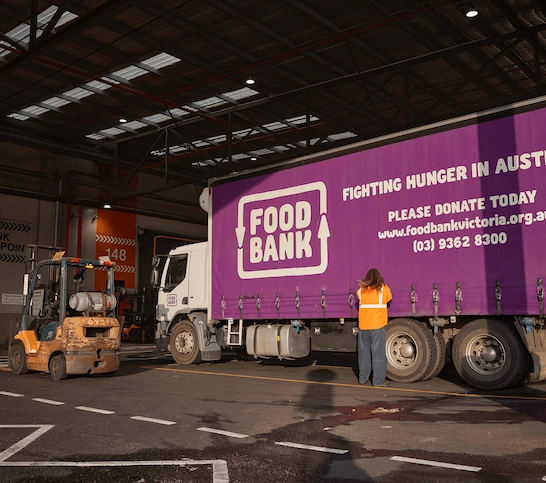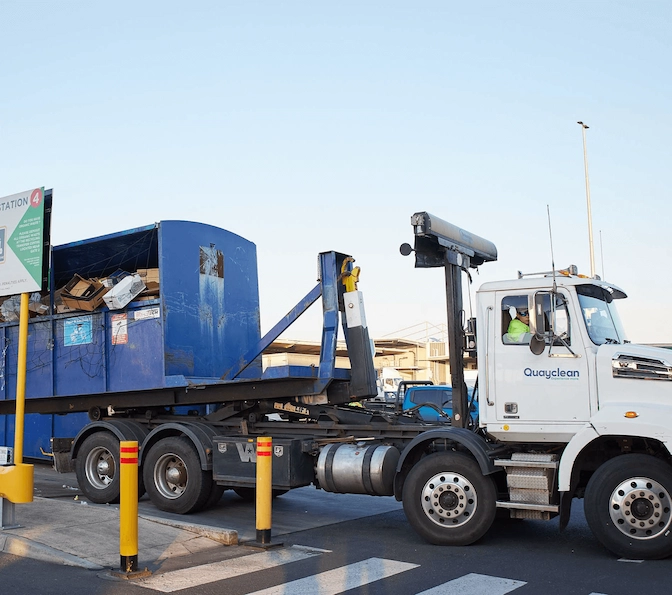- Home
- Trade at the Market
-
Market Operations
- About
- What's On
- A better choice!
- National Flower Centre
Average megawatt hours solar power generated annually
kilograms C02 emissions saved though renewable energy
kilograms surplus produce diverted from landfill annually

The Melbourne Market’s purpose-built site was designed to maximise efficiency while minimising environmental impact. In addition to the embedded electricity network that provides economies of scale, initiatives include:

A solar canopy with more than five thousand, 2.4 megawatt solar panels that help subsidise tenant use

Rooftop rainwater capture and recycling where appropriate, with underground tanks to maximise space

Infrastructure designed for efficiency, such as a central cooling plant to deliver refrigeration at scale


Thousands of kilograms of fresh fruit and vegetables are traded through the Melbourne Market each working day. The MMA helps facilitate several food recovery and diversion programs, including:

Food recovery collection points for donations to charities FareShare/SecondBite and FoodBank

Partnerships with organisations like Zoos Victoria and local farms to collect produce for animal feed

Yarra Valley Water's waste-to-energy plant, which converts organic waste into biogas, generating power
The Melbourne Market has an on-site Recycling Transfer Centre and several Satellite Stations for the sustainable management of recycling and waste. For more information, see Waste & Recycling.

Many sorted recyclables, including polystyrene, cardboard and plastic can be recycled free of charge.

Each of these materials, alongside wood/timber and organics are sorted on-site and upcycled into something new

Upcycling streams include pallets into garden mulch, cardboard into egg cartons and polystyrene into electronics
